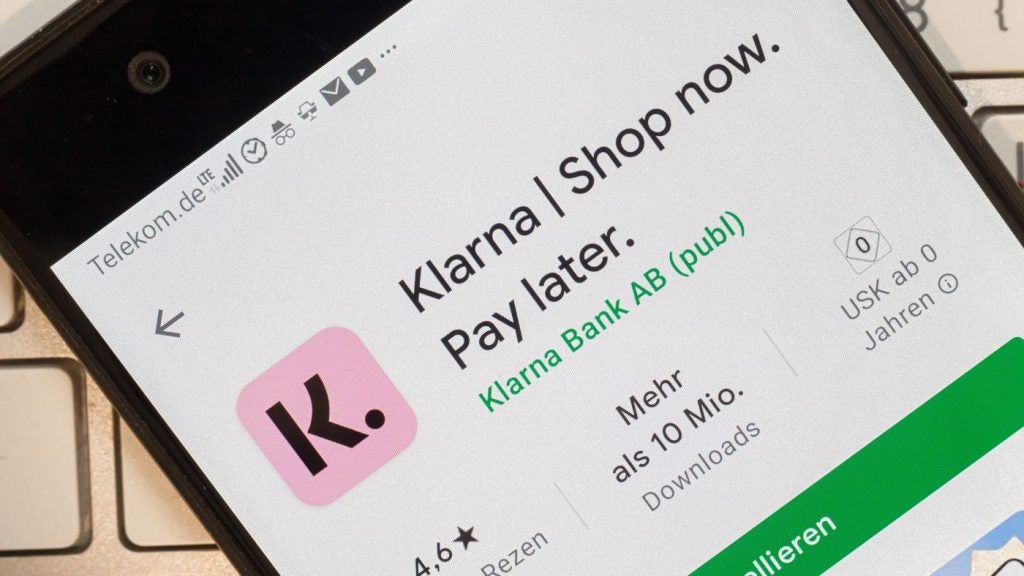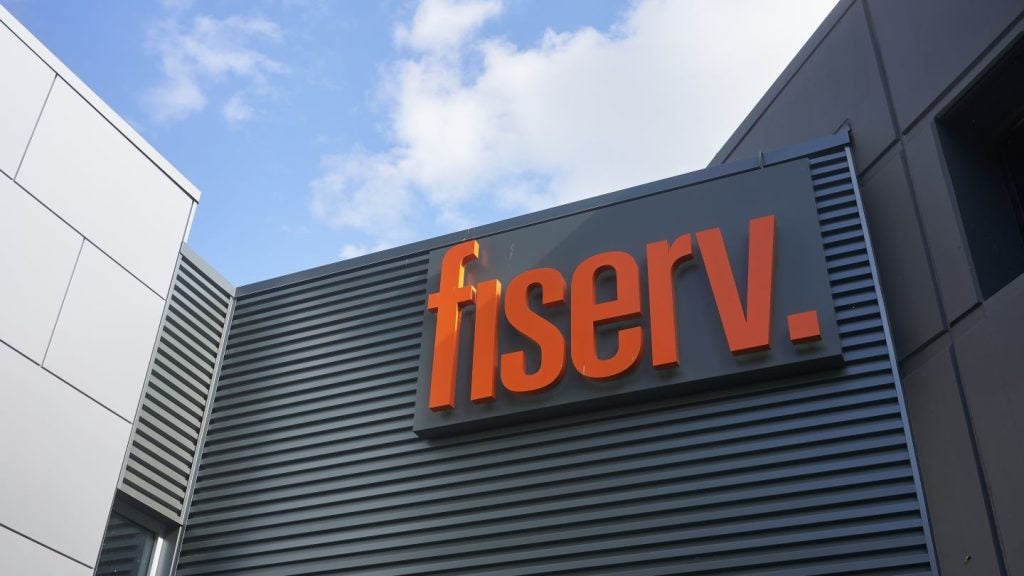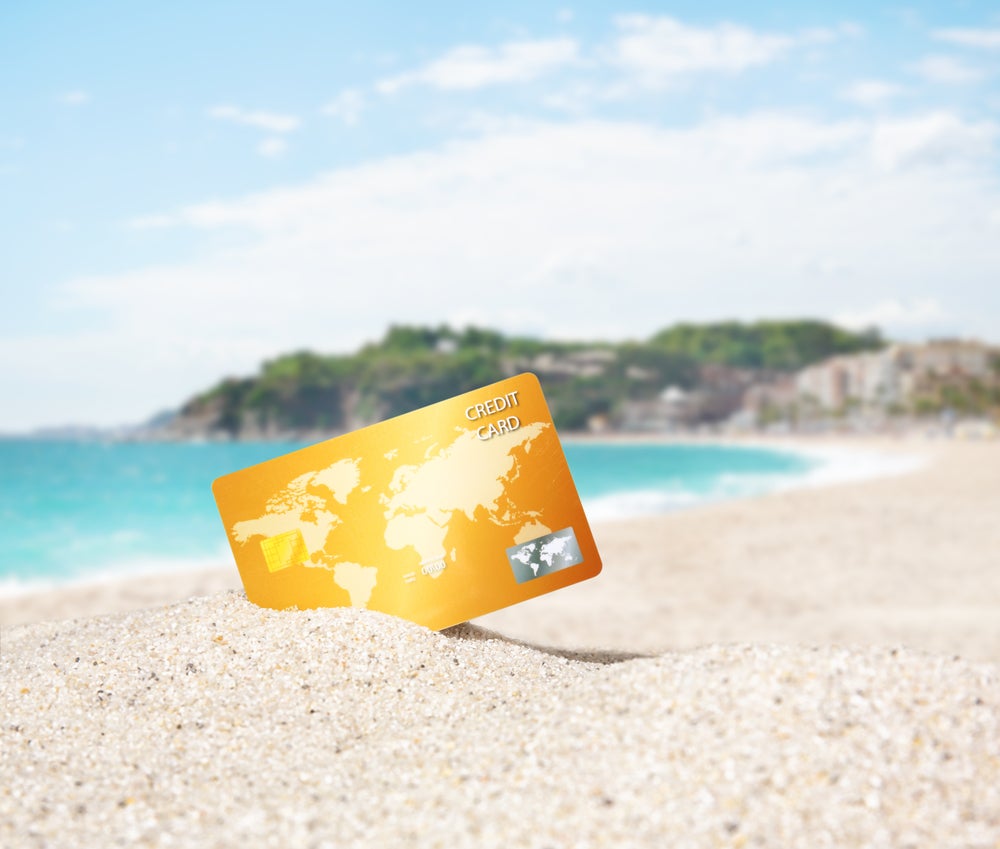with large issuers, but some smaller players are now targeting the
space overlooked by the big banks. Charles Davis reports
on how affinity programmes are being offered to smaller
organisations such as member-based groups and non-profits.
served at the high end, with hundreds of cards for everything from
university alums to religious sects. Having sorted through the
largest associations in search of affinity partners, the biggest
affinity issuers have left a small but highly devoted niche of
affinities untouched.
with CardPartner, a New York-based company that markets credit
cards, to target the affinity market overlooked by the big banks.
The two have joined forces to offer Visa Platinum affinity credit
card programmes to the thousands of small non-profits and
member-based groups underserved by the large credit card
banks.
Douglas Davis said the company can reach further down the affinity
market than the larger credit card banks because it offers a suite
of proprietary online tools that non-profits and member groups use
to design and offer their own Visa Platinum credit card.
issues the card, and manages account relationships. George
Schmelzel senior vice-president of card services at UMB Bank, said
his long relationship with Serverside, parent of CardPartner, led
to the decision to enter the affinity market.
Smaller affinities looking to partner
“For several years now, there is not a week that goes by that I
don’t get a call from a smaller affinity looking for a partnership,
and so I knew that opportunity was there, and when CardPartner came
along with the idea, we saw it as a great way to expand the
portfolio,” Schmelzel said.
US, Schmelzel said the affinity programme could be a fairly
significant channel for growth.
breadth, takes us outside of our banking centres and gives us a
large assortment of new partners,” he added.
smaller affinity groups to receive the same sort of service as the
bigger players, thanks to the cost efficiencies of the internet as
a marketing channel.
through electronic marketing, online applications and card issuance
on demand, all of which drives down the break-even point for us,”
Davis said.
we have built a turnkey kit they can use to market the cards. All
of this means we can see a business case for affinity cards for
groups with just a few thousand members.”
cause, allows supporters to express their affinity for that cause,
and pays the group a finder’s fee and a portion of charge
volume.
non-profit’s members, said Lori Mogan, manager of corporate and
foundation relations for Guide Dogs for the Blind, a non-profit
that provides assistance dogs for visually impaired persons.
an affinity issuer a couple of years ago, but could not get anyone
to pay attention to them.
great message, and to our dismay, they didn’t want to respond to
us,” Mogan said. “We have between 40,000-80,000 constituents, and
we appeal even more broadly to dog lovers in general, but we could
get no one’s attention until this programme came along.”
puppies when he was a child – made Guide Dogs one of his first
sales calls when the UMB affinity partnership launched, and now the
non-profit has been issuing cards for a month.
although some would be nice.
it out of their purse,” she said. “We have found the cards are a
conversation starter, just like our dogs. And when people find out
more about what we do as an organisation, they tend to support
us.”
Affinity value-added features
CardPartner and UMB have added several new features to the affinity
card offering, including the ability to allow groups to offer
members and supporters up to five design choices.
How well do you really know your competitors?
Access the most comprehensive Company Profiles on the market, powered by GlobalData. Save hours of research. Gain competitive edge.

Thank you!
Your download email will arrive shortly
Not ready to buy yet? Download a free sample
We are confident about the unique quality of our Company Profiles. However, we want you to make the most beneficial decision for your business, so we offer a free sample that you can download by submitting the below form
By GlobalDatasee which generates the greatest response, and Davis said he can
swap in a design in a single business day or less.
programmes, groups never turn over their mailing lists. All contact
is between the group and its members or supporters. The groups earn
a $50 cash bonus for each card activation plus a percentage of the
monthly spend charged to each card paid to the group monthly.
percent APR on purchases and balance transfers for the first six
months and APR of prime rate plus 5.90 percent thereafter. The
cards also feature purchase protection, zero liability protection
for unauthorised purchases, emergency cash and card
replacement.
Platinum credit card programme include local, regional and national
professional and fraternal groups, social clubs, local and regional
charities, charitable foundations, fundraising organisations,
private and other schools, research organisations, health and
wellness groups, sports teams, social clubs, and more.
programme include Reach Out and Read, the Pancreatic Cancer Action
Network, and the Oregon-California Trails Association, with more
coming online weekly.
think there are literally thousands of non-profit associations out
there who could benefit from an affinity card.”







